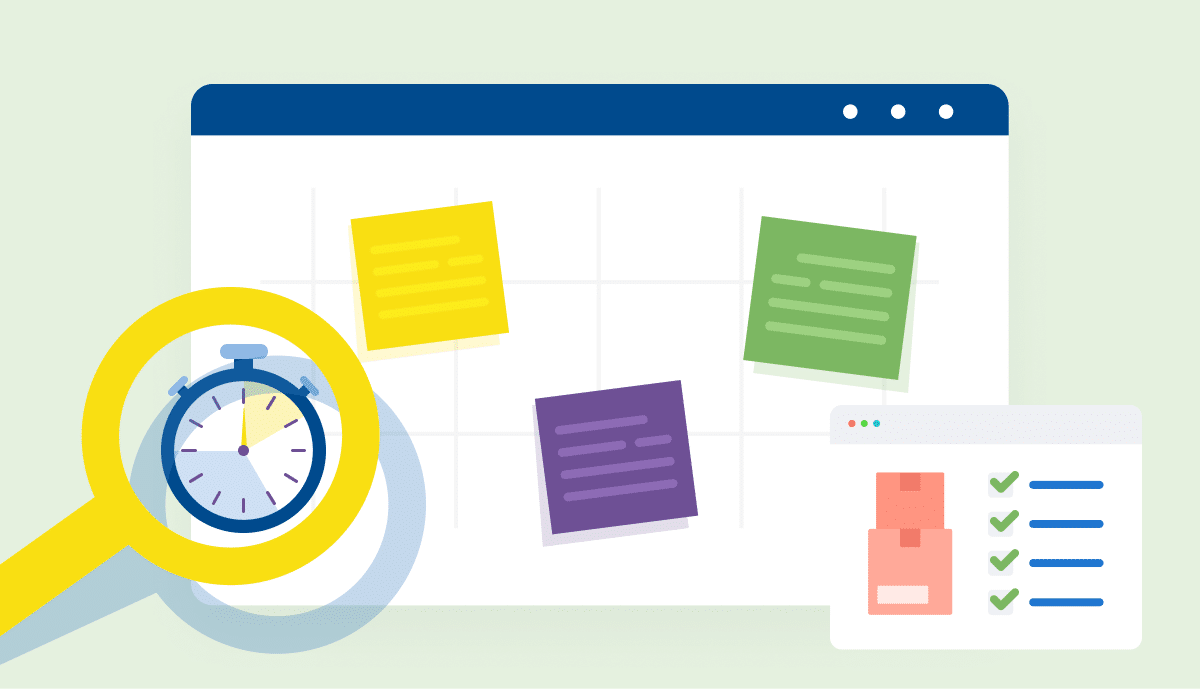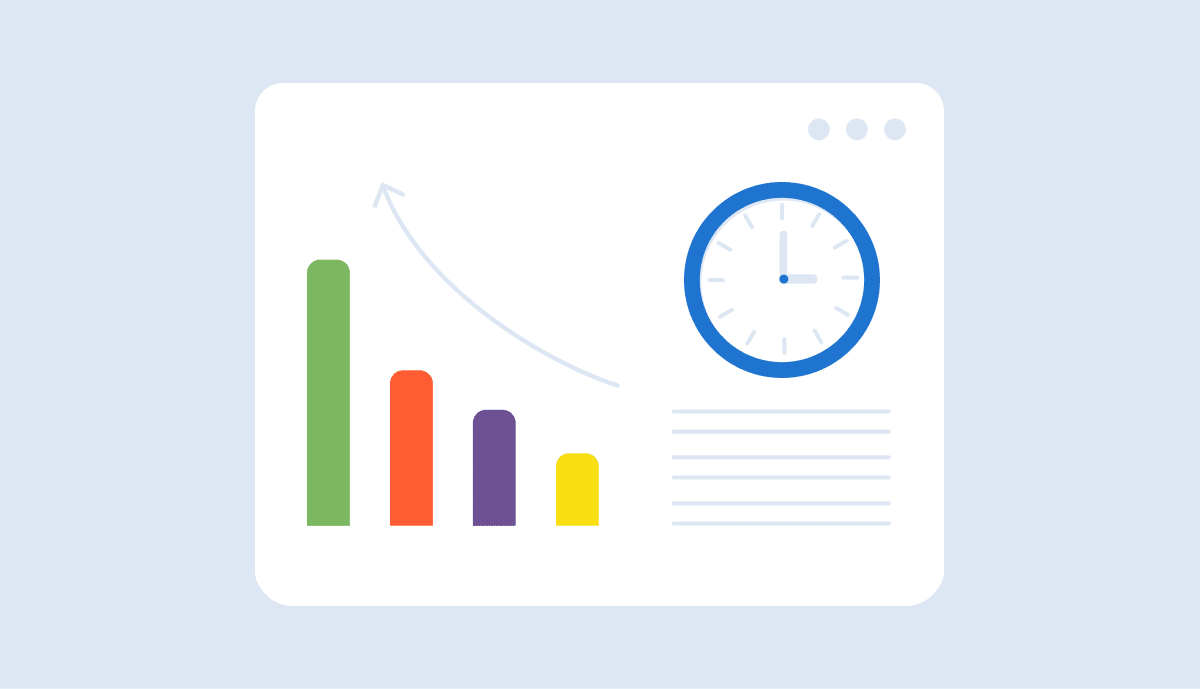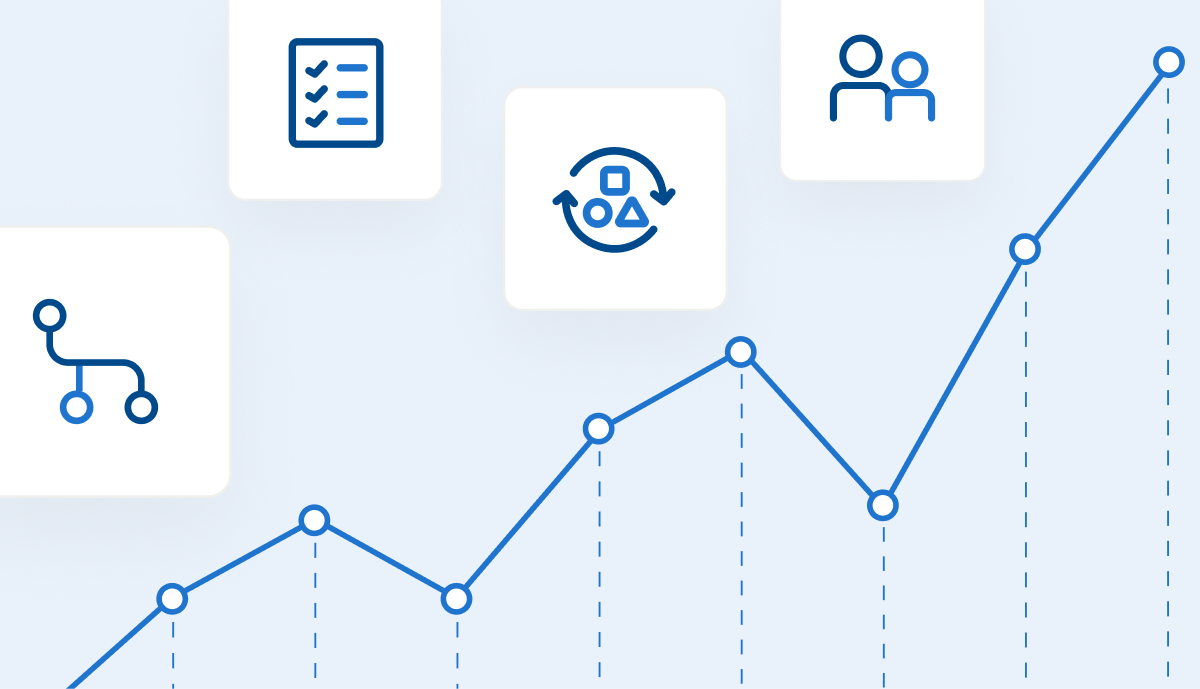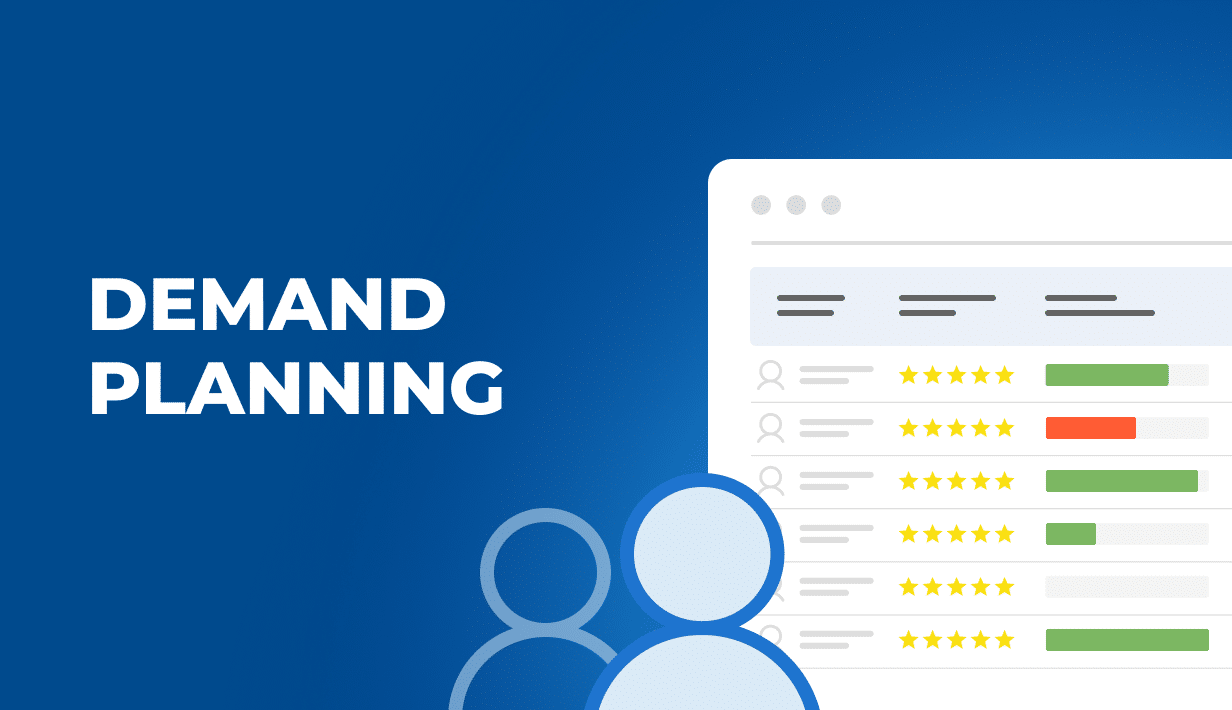“Our employees hate entering their time. We need a better time tracking app.” It’s a sentiment we hear daily from consulting firms in need of effective time tracking for consultants.
Tracking billable hours is crucial for consulting time tracking but is often met with resistance. Team members struggle to record their time accurately, leading to lost productivity, inaccurate invoicing, and widespread frustration. The right Time Tracking software helps consultants overcome these challenges, ensuring precise billing, streamlined workflows, and improved project profitability.
The Challenges Solved by Time Recording for Consultants
Accurate time recording is vital for any consulting firm, but it can be a struggle to implement. Without a reliable way to track time, problems like billing errors, revenue leakage, and incorrect utilization rates arise. These issues not only affect the bottom line but also disrupt projects and tasks timelines and add stress for managers trying to maintain oversight.
Reducing Employee Attrition
For consultants, poorly managed time tracking can be frustrating, leading to burnout and high turnover. A strong time tracker simplifies entries, minimizes friction, and balances workloads, ultimately improving employee satisfaction and retention by creating a healthier work environment.
Maximizing Project Profitability
Accurate tracking of billable hours is critical to project profitability. Inconsistent time entry can result in under-billing and hidden costs. Reliable Time Tracking software aligns deliverables with budgets, helping uncover efficiency opportunities that can lead to better margins and more accurate billing rates.
Managing Non-Billable Time
Consultants frequently spend time on internal tasks that aren’t directly billable. Without a method to track this time spent, it’s hard to assess the impact on project profitability. An efficient time tracking tool helps categorize non-billable activities, ensuring consultants stay focused on revenue-generating work.
Streamlining Capacity Planning
Capacity planning becomes much more difficult without precise time tracking. Inconsistent entries make it challenging to understand workloads and project future needs, leading to staffing imbalances. Time Tracking software enables better resource allocation and more effective management of hourly rates.
Improving Business Forecasting
Time spent on projects provides vital data for forecasting staffing needs, budgeting, and future business growth. With consistent recording of consulting time, consulting firms can plan new projects with confidence and prepare for seasonal demand or business shifts.
Enhancing Client Transparency and Reporting
Clear time reports build client trust and demonstrate value. Inaccurate time entries make it difficult to produce transparent reports, which can hurt client relationships. A consulting time tracking system improves transparency, builds trust, and showcases how time is spent on client projects.

3 Ways to Encourage Effective Consultant Time Tracking
Accurate time tracking is critical for consultants, but making it an integrated and meaningful part of their workflow can be challenging. Here are three ways to encourage better time tracking among your consulting team.
Here are three ways to encourage better time tracking among your consulting team.
1. Make Time Tracking Meaningful Beyond Dollar Signs
Time is a precious resource, both at work and in life. With remote work so prevalent, employees are finding it harder to disconnect; one study shows nearly 70% of remote workers during the pandemic reported working on weekends. It’s crucial to create a culture where time tracking isn’t just about the bottom line but also about respecting work-life balance and making the work itself meaningful.
Provide visibility into hours tracked on projects, projected billable hours, and utilization targets to help consultants understand how their time is valued. Show them that managers care about balancing workloads and avoiding burnout. Use time tracking not only for billing but also to monitor training, professional development, and PTO to ensure consultants are using their time effectively while maintaining a healthy work-life balance.
2. Trust Consultants to Track Their Own Time
Many time tracking tools rely on automated entries based on actions like email creation or meeting duration, or even GPS tracking to capture where work is being done. While such features may seem efficient, they can feel intrusive or overly controlling to consultants who are conscious of their work value and methods. Tools that gamify time entry can also miss the mark, as they may not resonate with experienced professionals who see little benefit in “winning” at tracking time.
Instead, treat consultants as the professionals they are and let them manually track their own hours. This approach not only respects their expertise but also ensures that data used for critical business decisions— like project staffing or hiring needs— is accurate and meaningful. By putting trust in their hands, you foster a sense of ownership and respect.
3. Use Seamless Time Tracking and Billing Software
Consultants are hired to focus on delivering results, not wrestling with cumbersome time-tracking tools. Choose a software solution that makes time entry easy, quick, and accessible wherever your team is working — whether that’s on a mobile app, desktop, or within the project management tools they already use. A time tracking solution that integrates with platforms like Slack or project management systems means team members can log hours without interrupting their workflow.
The goal is to make time tracking a frictionless part of the day rather than a hurdle. The best time tracking and billing software for consultants reduces barriers, allowing them to capture their time accurately and efficiently, so they can stay focused on delivering great work.

How Timekeeping Software for Consultants Enhances Productivity
Timekeeping software offers features that go beyond simply tracking hours— it’s designed to help consulting teams work smarter, stay aligned, and drive operational efficiency.
Here are five key ways timekeeping software can make a significant impact on productivity.
1. Automated Time Tracking and Reminders
Manual time entry can be tedious and time-consuming. Automated time tracking features capture consulting hours across various platforms, including desktops and mobile apps. Automatic reminders ensure team members submit and approve entries on time, reducing administrative burdens.
2. Real-Time Dashboards and Analytics
Consultants benefit from dashboards that show how time is spent on various projects and tasks, with customizable reporting on non-billable and billable hours. Real-time data and analytics help consultants track their performance against targets and assist managers in assessing resource utilization and project profitability.
3. Mobile App for On-the-Go Tracking
A mobile app that allows consultants to log time while on-site, traveling, or working remotely ensures time tracking is easy and accurate. This on-the-go feature helps consultants capture all billable hours efficiently and in real-time, wherever they are.
4. Seamless Integrations with Project Management Tools
Time tracking apps that integrate with project management tools like Asana, Jira, or communication tools like Slack help consultants track time without disrupting their workflow. This reduces context switching and makes the process of logging time a seamless part of daily tasks.
5. Streamlined Invoicing and Budget Tracking
Efficient billing is directly tied to accurate time tracking. Time Tracking software with invoicing capabilities allows consultants to convert entries into invoices quickly. It also provides tracking for project budgets, ensuring that consultants stay within scope and that approval workflows are smooth.
Maximize Your Team’s Potential with BigTime Software’s Time Management Tools
Designed with the unique needs of consultants in mind, BigTime offers an easy-to-use interface for seamless time and expense logging while delivering powerful capabilities for detailed reporting. Say goodbye to complicated spreadsheets and manual tracking—BigTime streamlines your workflow, allowing you to focus on serving clients.
Here’s how BigTime makes time and expense tracking simple for consultants:
- Quick and Automated Entry: Consultants can swiftly log time and expenses with features like auto-fill for repeat data, auto-save, and smart lookups using user-specific presets. These automation tools minimize time spent on entry and reduce the chance of errors.
- Controlled Information Access: Secure your data by controlling what team members can view. Consultants only see the information they need, helping to safeguard sensitive data and minimize mistakes.
- Accuracy with Required Fields: Ensure every time and expense entry is complete by setting required fields that must be filled in before saving. This boosts accuracy and completeness for every tracked hour and cost.
- Flexible Submission Options: BigTime allows for flexible submission periods or firm deadlines based on your approval and payroll needs. Set up optional lockout periods to ensure that entries are submitted when they need to be.
- Detailed Expense Tracking: Easily categorize expenses as reimbursable, non-reimbursable, billable, non-billable, or service fees. This allows for precise billing and offers a clear view of your project costs and profit margins.
- Seamless QuickBooks Integration: Save time on accounting by effortlessly posting time entries, project costs, and expenses from BigTime to QuickBooks. Automatic syncing keeps your finances accurate and up-to-date, eliminating manual data entry.
- Mobile App for On-the-Go Tracking: Whether consultants are working remotely, visiting a client site, or traveling, BigTime’s mobile app makes time and expense entry quick and convenient. The app syncs instantly with the platform, ensuring all data is accurate and accessible whenever you need it.
Beyond its intuitive time and expense tracking features, BigTime’s software also provides consultants with comprehensive tools for resource management, project management, real-time analytics, client invoicing, payments, and more. With BigTime, consulting firms can enhance their efficiency, gain actionable insights, and keep projects profitable, all while making the most of their time.

Frequently Asked Questions About Time Tracking Software for Consultants
How do consultants track their time?
There are a wide variety of methods for consultants to track their time, including: manual entry in Excel spreadsheets, automated time entry triggered by artificial measures like emails created or meeting duration, time tracking apps or software, project management software, and integrated time tracking with professional services automation (PSA) software.
How do billable hours work for consultants?
Billable hours for consultants represent the number of hours that a consultant spent on revenue-generating work, or project work that can be billed to the customer.
What is the best Time Tracking software?
The best Time Tracking software for your professional services organization will depend on the type of services you offer and how you want to track them. Factors to consider include:
- Can it help you achieve your business needs and goals?
- Is it within budget?
- Can it integrate with your current technology stack?
- Is it purpose-built for your services business?
- Does it function in a way that will streamline operations and make consultants more efficient?
- What level of visibility, business intelligence, and feature sets do you desire?
- What size is your company and is the tool is scalable?
- Is it easy and intuitive so consultants won’t dread using it?
What are the benefits of Time Tracking software for consultants?
Time Tracking software for consultants is an important tool for any professional services organization. It can help consultants and management:
- Manage time more efficiently and effectively
- Track time spent on projects, tasks, and customers
- Create accurate invoices based on work completed
- Prevent over- or under-utilized resources
- Minimize revenue leakage
- Monitor progress to understand how and when new projects can be initiated




